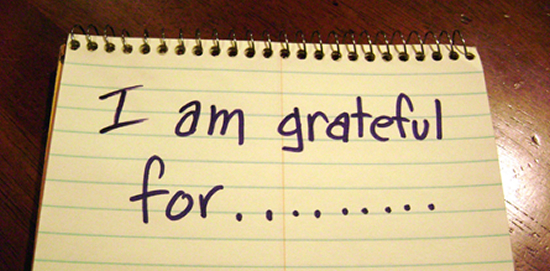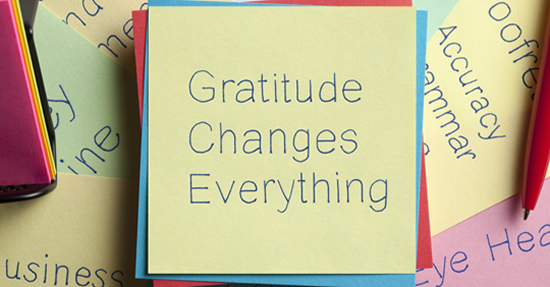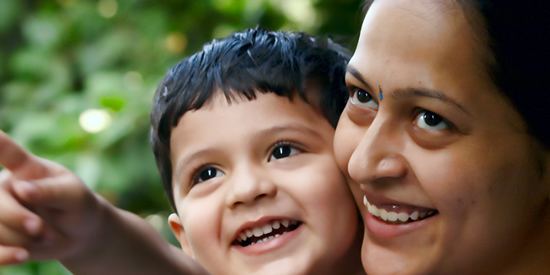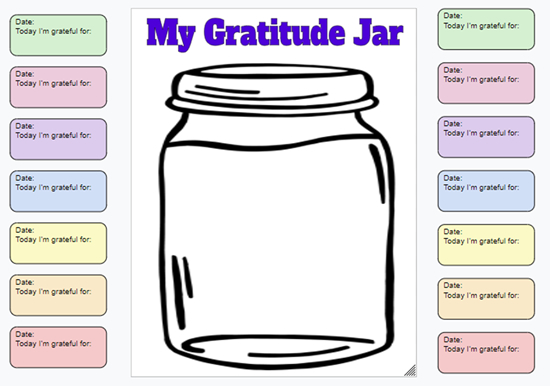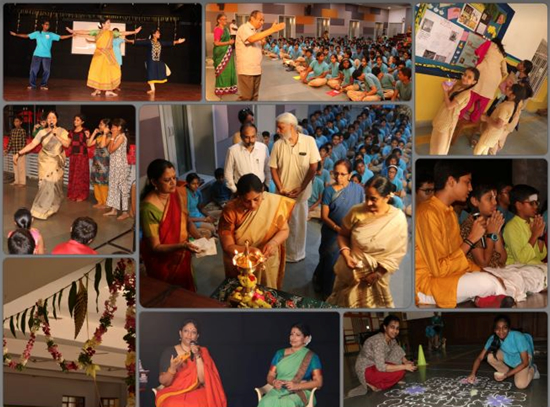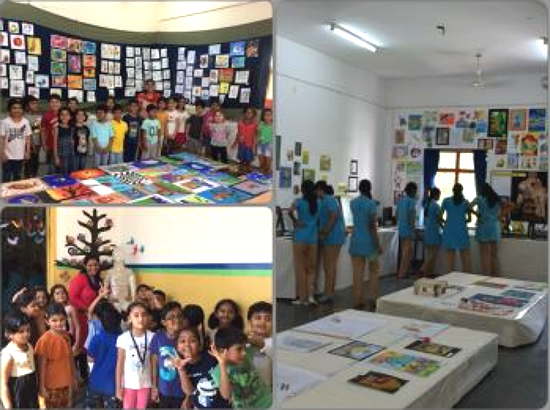If we can say last century was one of engineering, this century is one of data. We see the word ‘data’ being used everywhere. What does it mean?

To understand data, we need to understand history a little bit. Data is something that has been there since the evolution of mankind. Counting the number of people around you, calculating distances, even invention of the wheel! Everything is connected to data. To put it simply, data is the most basic element in the knowledge universe. Each and every piece of data contains some information – meaningful, relevant or otherwise is the question.
The human race has gladly accepted the need of automation and increase in computation power. Statistics and algorithms to mine data for useful information were getting devised as early as the 12th century when people were trying to calculate the length of day and how far away the moon is. But it was in the late 19th century that it started getting systematised. With the development of powerful computing machines, we started finding information from data. And with the emergence of cloud technologies and modern computation methods, data is being generated by each and every system around us, and growing exponentially by the minute. We are racing full steam ahead to transform information into its next higher levels of ‘knowledge’, ‘insight’ and ‘wisdom’.
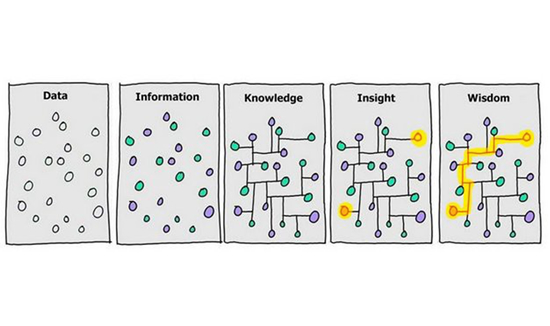
Currently, employers around the world are looking for skilled individuals who can translate data into recommendations for profitable actions. There is a huge demand for professionals, capable of managing and analyzing data. There are plenty of job titles in data science and data analytics. The big three are-
- Data Analyst
- Data Scientist
- Data Engineer
Data Analyst-Data analysts deliver value to their employers by taking data, using it to answer questions, and communicating the results to help make business decisions. Common tasks done by data analysts include data cleaning, performing analysis and creating data visualisations. The data analyst has the potential to turn a traditional business into a data-driven one.
Data Scientist-A data scientist is a specialist who applies their expertise in statistics and builds machine learning models to make predictions and answer key business questions. If the analyst focuses on understanding data from the past and present perspectives, then the scientist focuses on producing reliable predictions for the future.
Data Engineer-Data engineers build and optimize the systems that allow data scientists and analysts to perform their work. The data engineer ensures that any data is properly received, transformed, stored, and made accessible to other users.
Courses in data related fields have changed from novelty to necessity and in upcoming years this is going to grow more rapidly than any other course. So, find your passion and try to answer a question which has the word ‘data’ in it!







